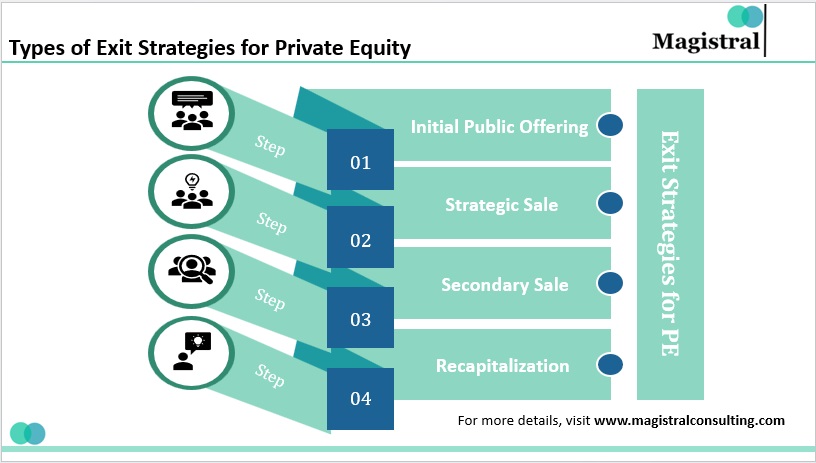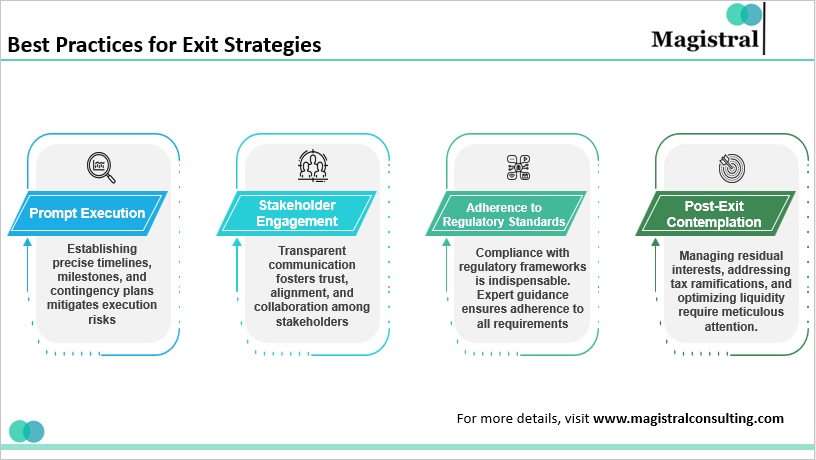In the evolving environment of private equity (PE), businesses must be equipped with partners who not only understand the financial nuances but are proficient in navigating the complexities of strategic planning. As we progress into 2025, certain prominent emerging trends and forecast are shaping the industry, evidencing the influential role of consulting services. Here, we discuss how private equity consulting can contribute to your investment strategy.
Understanding Private Equity Consulting
Private equity consulting is now a requirement that offers insights to enable investors to make informed choices, optimize portfolios, and enhance operational efficiency.
Global private equity deal-making reached a 14 percent growth to $2 trillion in 2024 in the Bain & Company Global Private Equity Report 2025, the third-most-active year of the asset class. The growth is a testament to the worth of specialist advising in the context of increased deal flow and complexity.
The Importance of Private Equity Consulting
Private equity firms feel the heat to deliver improved returns. With deal complexity and growth issues, having consultants at every stage of the investment process is invaluable. They bring in experience and fresh thinking, ensuring well-informed decisions are taken that maximize profitability and growth.
But recent trends depict a mixed scenario. While dealmaking increased in 2024, fundraising declined. Fundraising in private asset classes fell for the third consecutive year, reaching $1.1 trillion in 2024—24% less than in the previous year and 40% below the 2021 peak, according to Bain & Company. The decline is a reminder of the need for strategic direction in coping with a challenging fundraising environment.
Key Services Provided by Private Equity Consultants
Due Diligence and Risk Evaluation
The consultants help the investors in assessing potential investments via thorough due diligence, comprising financial review, market analysis, operational audits, and risk analyses. Bain & Company highlights in the 2025 Global Private Equity Report that rigorous due diligence is essential in a competitive market where seeking value amidst economic uncertainties is of prime importance.
Mergers and Acquisitions (M&A) Advisory
Private equity advisors are central to recommending acquisition targets, structuring deals, and negotiating. They also help with post-merger integration, ensuring acquisitions support strategic objectives and realize maximum value. In 2024, U.S. private equity activity picked up, with deal volumes and values much greater than in the prior year. This recovery underscores the value of specialist advisory services in realizing M&A potential.
Portfolio Management and Optimization
Consultants assist PE companies in optimizing portfolios by determining areas of improvement, streamlining operations, lowering costs, and finding growth opportunities. They offer actionable advice on how to increase the value of portfolio companies and aid in restructuring or repositioning companies to suit market needs.
The 2025 Global Private Equity Report states that with stabilization of economic conditions, there’s increased emphasis on improving operations within portfolios in order to generate returns.
Exit Strategy Planning
Upon exiting investments, there is a need for carefully thought-out strategy to ensure optimum return. Consultants walk companies through procedures such as sales, IPOs, or secondary buyouts, positioning portfolio companies to receive highest possible prices.
Private equity exits rose to $902 billion in 2024, from $754 billion in 2023, but remain below pandemic highs. With more funds reaching the end of their life cycles, the need to return capital to investors grows, and strategic exit planning becomes crucial.
Emerging Trends in Private Equity Consulting

Shift towards Operational Value Creation
In 2025, the focus is radically redirected away from financial engineering in the past to value creation through operations. Private equity firms are increasingly looking to increase the operational efficiency of their target firms. This implies establishing strategic initiatives aimed at driving growth and profitability. Consultants are the force behind highlighting inefficiencies and suggesting enhancement to operate the business more efficiently.
Artificial Intelligence (AI) Integration in Investment Strategies
The combination of machine learning and AI is turning into a cornerstone in investment strategies. The technologies assist in analyzing data, predicting market trends, and sensing investment opportunities. Private equity organizations are leveraging AI to be competitive, and consultants have a significant role in implementing the technologies effectively.
Emphasis on Environmental, Social, and Governance (ESG) Factors
There is more emphasis on ESG factors in investment. Investors increasingly seek opportunities that enable sustainable and ethical conduct. Companies are being assisted by consultants to develop frameworks for assessing and integrating ESG factors into their investment process, with a focus on compliance and reputation management.
Emergence of Add-On Acquisitions
Add-on acquisitions are becoming increasingly popular as a vehicle to increase portfolio company values. By acquiring smaller, complementary companies, companies can pursue growth and operational synergies. Consultants assist in the targeting of suitable targets and the completion of these transactions.
Growth in Distressed Asset Investments
Financial uncertainties have promoted growth in distressed asset investments. Private equity investors are taking maximum advantage of acquisitions of under-priced assets with the possibility of a turnaround. Restructuring experts have a critical role to analyze such opportunities and come up with turnaround plans.
Strategic Forecasts for 2025

Picking up Deal Activity
Anticipations are for further increase in deal activity through to the year 2025. Companies are working hard to seek investment, especially in industry areas that prove to be growth-focussed and robust. Advisors are given deals sourcing and thorough due diligence to secure alignment at the strategic level.
Growing Commitments to Private Equity
LPs are also demonstrating increased hunger for private equity, with 30% of LPs surveyed recently expressing a desire to boost allocations within the next 12 months. This is prompted by the diversification and strong return capabilities of the asset class. Consultants are of very important assistance to LPs in terms of portfolio construction and manager selection.
Emerging Markets Growth
Private equity grows to be more drawn to emerging economies. Emerging economies have the promise of growth because they possess developing consumers and novel infrastructures. Internal market experts offer insightful perspectives into the true nature of these markets and help with the ability to navigate in regulation arenas.
Alternative Financing Mechanisms Development
Other forms of funding, including private credit and secondary transactions, are on the rise. These enhance flexibility and access to alternative sources of capital for companies. Negotiation of these transactions and their effects on overall investment strategy falls within the purview of consultants.
Emphasis on Restructuring and Turnaround Strategy
During market volatility, there is greater demand for turnaround and restructuring efforts. Private equity sponsors are hiring consultants to assist distressed portfolio companies and release value through strategic actions.
Conclusion
As the private equity landscape continues to evolve in 2025, consulting services have become more integrated than ever. Trends and projections described above emphasize the fast-paced character of the industry and the need for expert advice. Private equity consultants are not merely consultants but strategic allies, helping firms to steer through complexities, capitalize on opportunities, and realize sustainable growth in a competitive market.
Through the services of expert consultants, firms can gain determination and analytical support for all their decisions. From due diligence, guidance on a M&A transaction, or development of an exit strategy, consultants offer the expertise private equity firms require to be successful in the current competitive marketplace. As the private equity market develops, turning to the wisdom of seasoned advisors will continue to be a major influence on success and maximizing returns for investors and portfolio companies alike.
About Magistral consulting
Magistral Consulting has helped multiple funds and companies in outsourcing operations activities. It has service offerings for Private Equity, Venture Capital, Family Offices, Investment Banks, Asset Managers, Hedge Funds, Financial Consultants, Real Estate, REITs, RE funds, Corporates and Portfolio companies. Its functional expertise is in Deal origination, Deal Execution, Due Diligence, Financial Modeling, Portfolio Management and Equity Research.
For setting up an appointment with a Magistral representative visit www.magistralconsulting.com/contact
About the Author
The article is Authored by Marketing Department of Magistral Consulting. For any business inquiries, you could reach out to prabhash.choudhary@magistralconsulting.com

